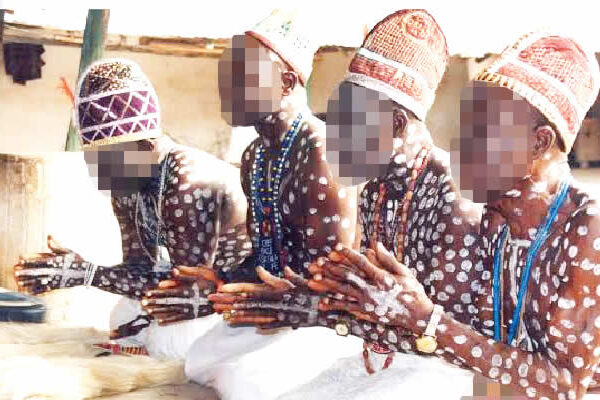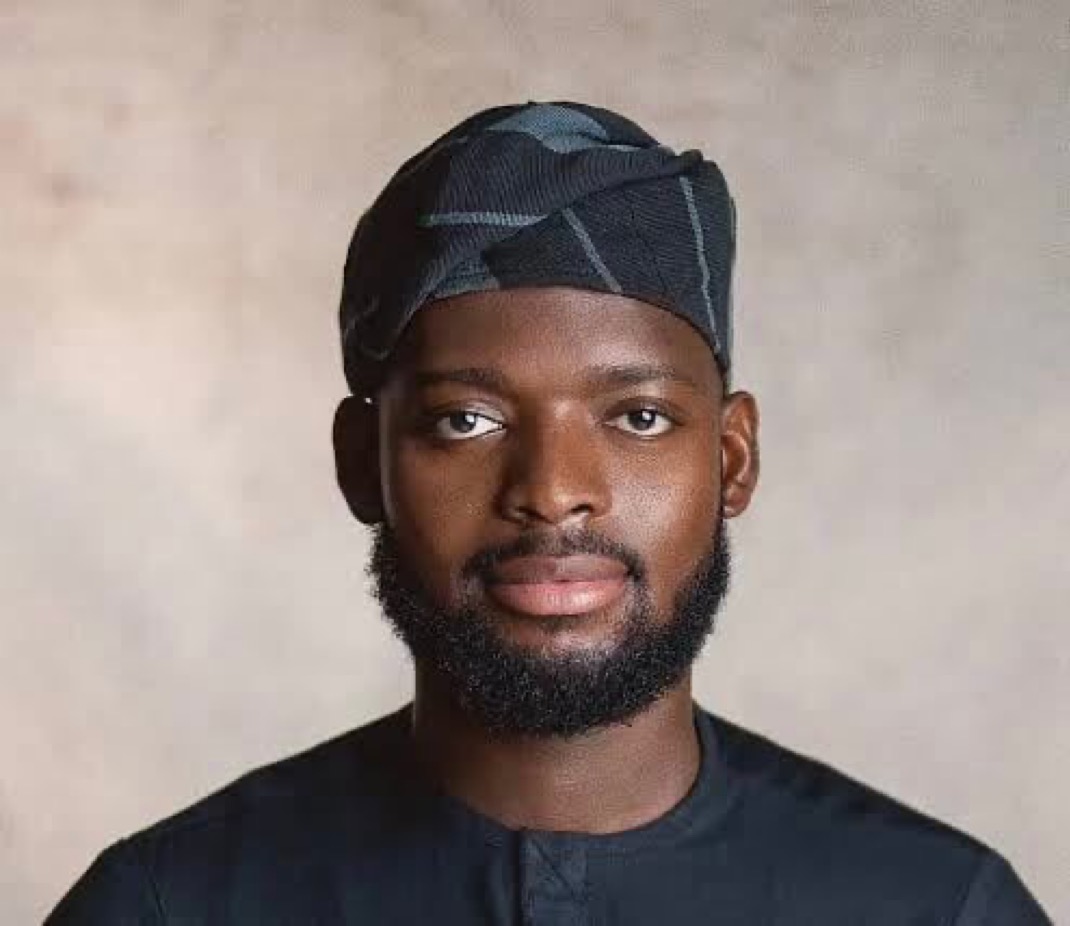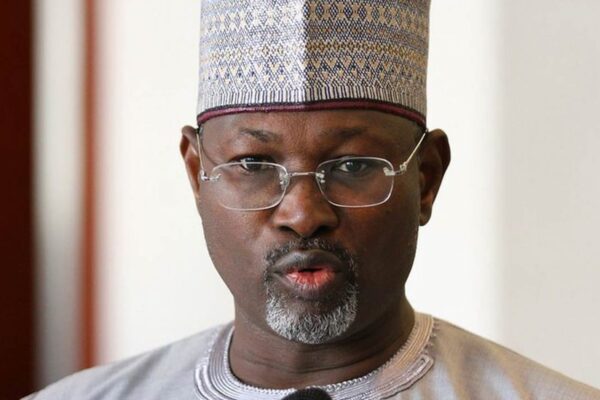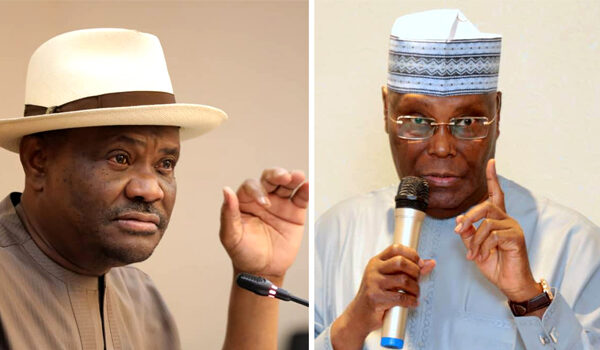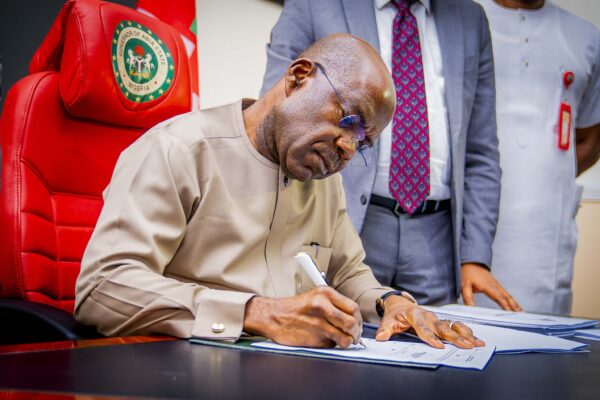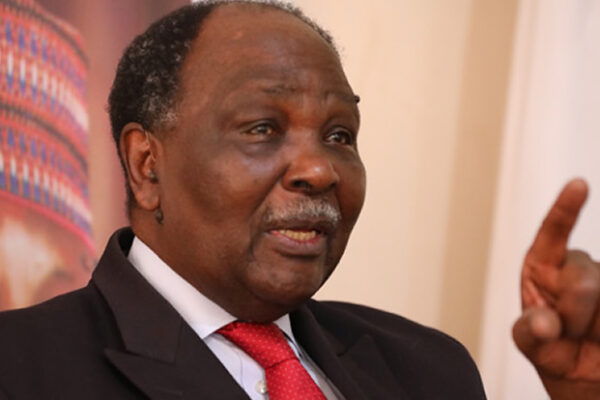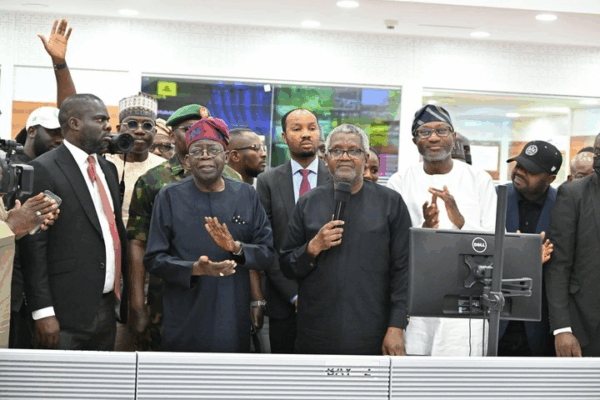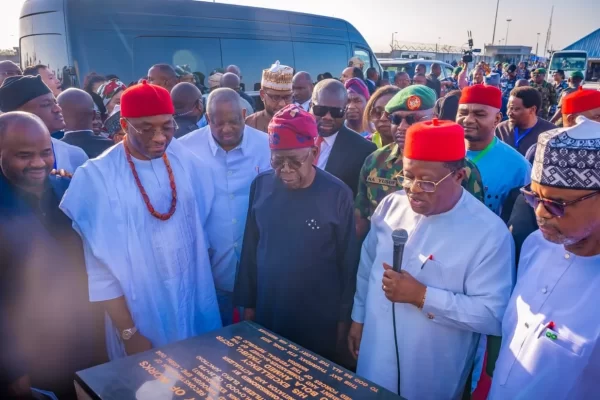By Our Reporters Tensions are rising within the Peoples Democratic Party (PDP) as party leaders are divided over a recent call by the Minister of the Federal Capital Territory, Nyesom Wike, and some stakeholders, for the party’s 2027 presidential ticket to be zoned to the South. The call, made during a meeting in Abuja on Monday by Wike and a group of “Concerned Stakeholders,” has drawn criticism and conflicting responses from within the party hierarchy. Wike’s group also reaffirmed Senator Samuel Anyanwu as the substantive National Secretary of the PDP—a move that has added to internal disagreements following a controversial National Executive Committee (NEC) meeting in May. Disagreement Among Party Leaders Reacting to the Abuja meeting, PDP Board of Trustees member and former House of Representatives member, Hon. Jones Onyereri, faulted the NEC meeting, alleging that it was not properly convened in accordance with the party’s constitution. According to him, “Only the National Secretary has the authority to issue notices of meetings. Senator Anyanwu confirmed in writing that the NEC meeting was cancelled. Therefore, it was not properly convened.” On the issue of zoning, Onyereri supported the group’s call for the PDP’s 2027 presidential ticket to be zoned to the South, stating that the party must uphold its constitutional principles of rotation and fairness. Bode George Urges Restraint In contrast, former PDP Deputy National Chairman, Chief Olabode George, cautioned against airing internal disagreements in public. He warned that such behaviour could damage the party’s unity and reputation. “We have a functional national executive, and family matters are not to be discussed in the marketplace,” George said. “We must all wait for the next NEC meeting scheduled for June 30. This is not the way to run a party.” Party Official: No Contradiction in Zoning Call Speaking on behalf of the party, PDP National Organising Secretary, Umar Bature, downplayed the controversy, saying the call for a southern presidential candidate aligns with the party’s broader position. “What they said in the communiqué is not different from what the party believes in,” Bature told Vanguard. “There is no decision from the last NEC meeting that is binding, so there is no need for alarm.” When asked about the claims that the NEC meeting was improperly convened, Bature acknowledged the procedural issues but maintained that no critical decisions were taken. PDP to Respond Formally The PDP National Publicity Secretary, Debo Ologunagba, told reporters that the party would formally respond to the Wike-led stakeholders’ position in due course. “There is a process in our party. We have a NEC and a committee responsible for these matters. The party will respond appropriately,” he said. Fayose Warns of Party Collapse Meanwhile, former Ekiti State Governor Ayodele Fayose has warned that the PDP risks becoming a “political carcass” if urgent reforms are not implemented. Speaking during a visit to President Bola Tinubu in Lagos on Monday night, Fayose said the party is in decline and requires drastic internal restructuring. “Without urgent action, the PDP is headed for serious decline,” he warned. “I’m not defecting to the APC, but as someone who once led the opposition, I must speak the truth.” He praised President Tinubu for his initial efforts in office, noting that although challenges remain, “there is a clear difference from the last administration.” Background The internal rift within the PDP comes as the party struggles to regroup following its loss in the 2023 presidential election. The battle for control of the party’s leadership and the zoning of the 2027 presidential ticket are expected to dominate the agenda at the upcoming NEC meeting.
